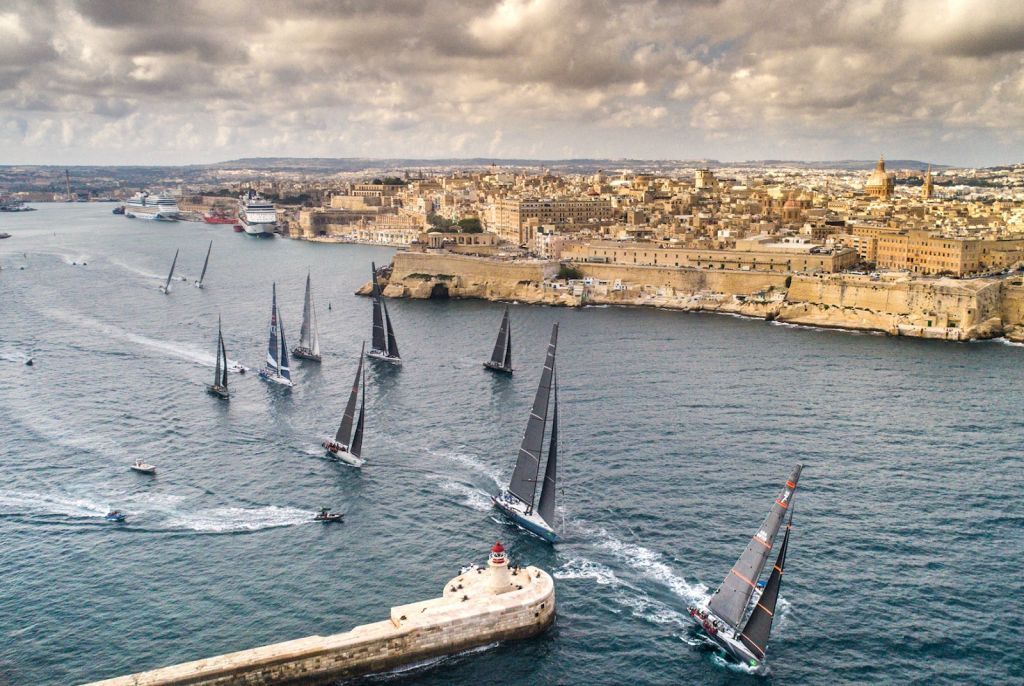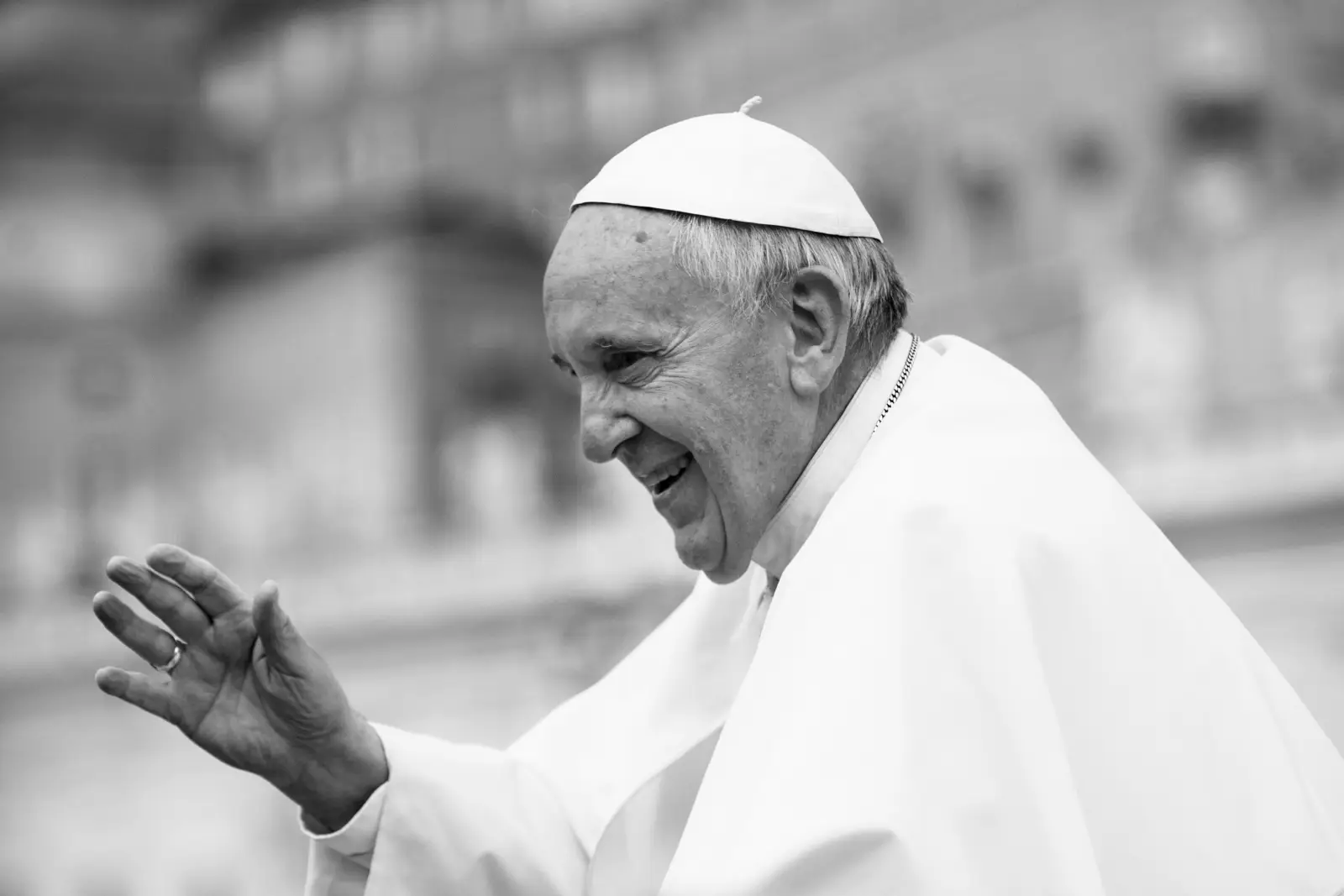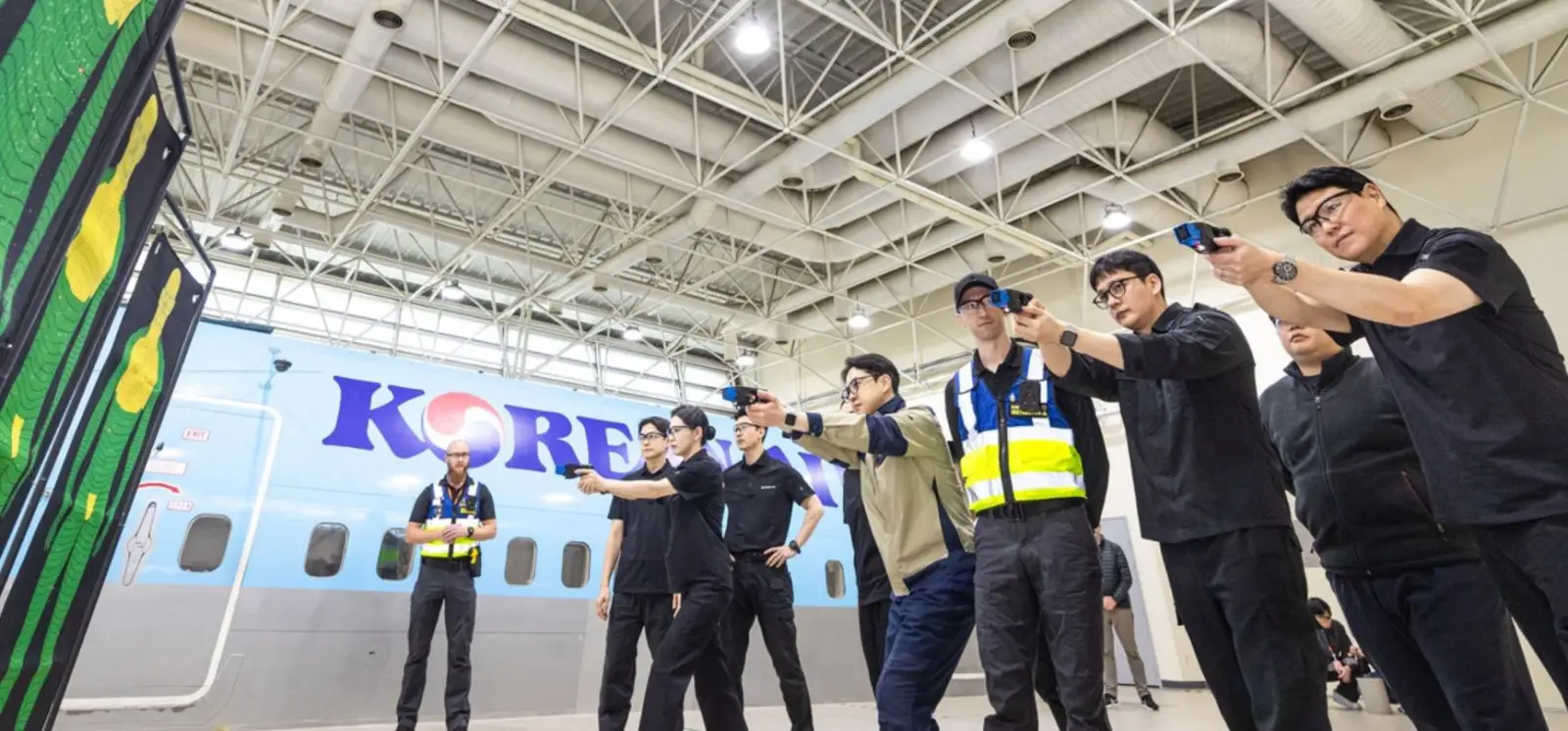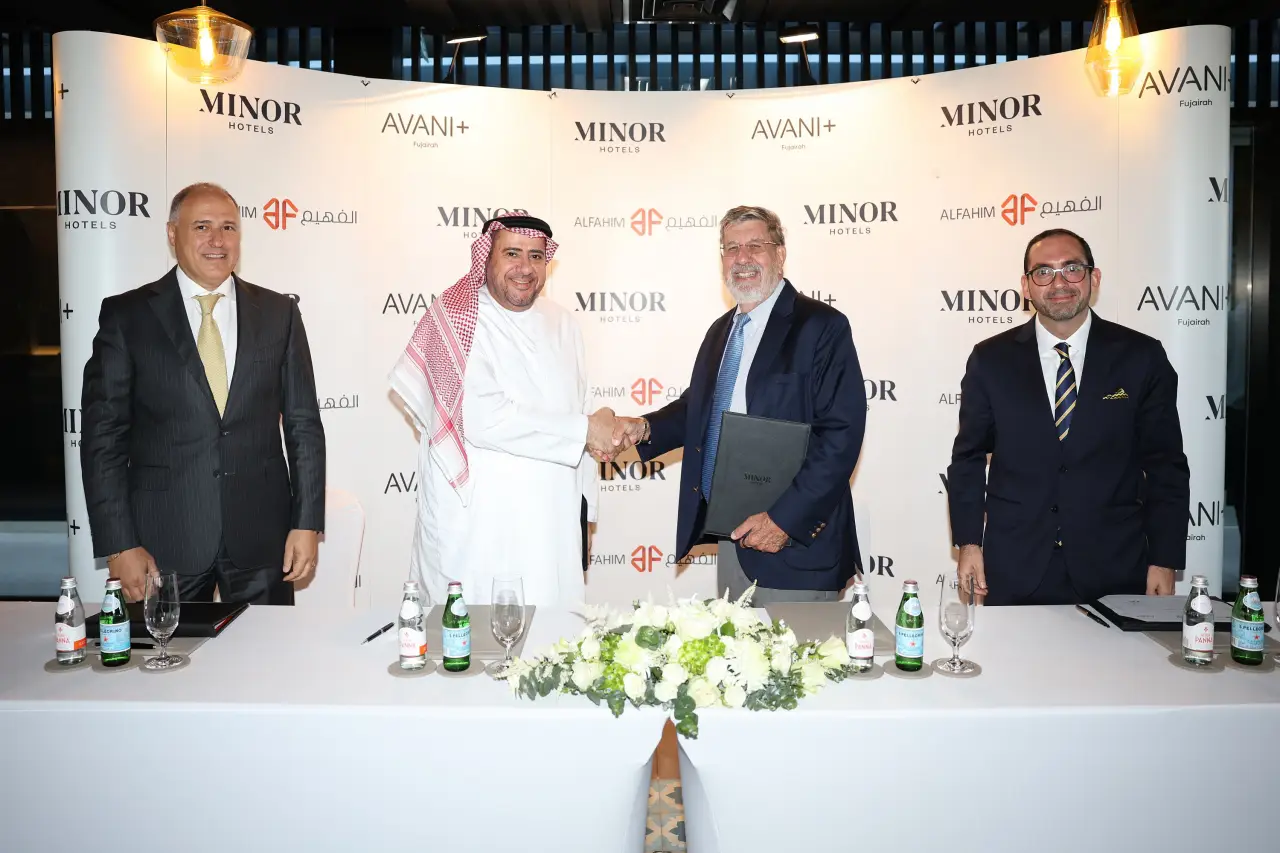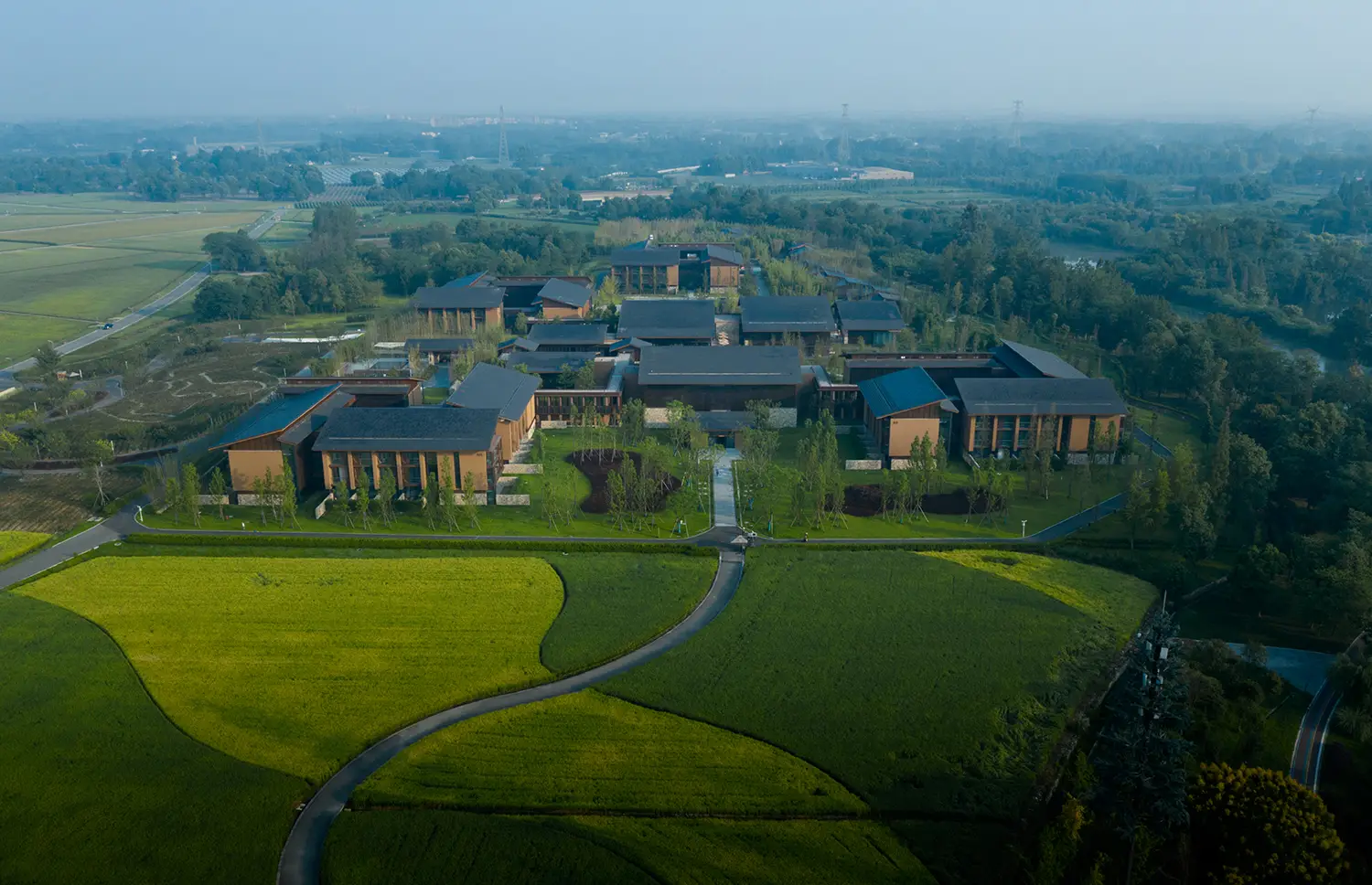Delta Air Lines CEO Ed Bastian shared details of what Delta is doing during these difficult days, how they preserve cash, and when air travel will return to normal.
Bastian said, “I do want to share on behalf of the 90,000 men and women of Delta Air Lines that we are doing everything we can to stand with the people of the world to fight this awful pandemic. We’re heartbroken. We lost some of our own family members amongst the Delta family to the virus. We want to make sure that everyone knows we’re doing everything we can to find a solution to this awful crisis.
The challenge in the business right now is demand. With all the stay-at-home orders and the challenges with respect to travel, it’s well-documented. We’re operating at less than 5% of a normal passenger load. I think today we’re operating about 30,000 passengers on our books. And the important thing to note is that those are essential passengers, those are people out in the business making a difference, whether it’s health care workers, whether it’s people visiting families, whether it’s emergencies, whether it’s transporting PPE and health care items from China to the frontlines of our medical personnel. The Delta people are heroes, they’re out there working hard to keep the nation’s airways open. And we are going to do everything we can to work through this crisis together.”
Answering questions of CNBC’s Phil LeBeau on CNBC’s “Squawk on the Street”, Bastian said, “we’re in a cash preservation mode probably for the balance of this year. Realistically, we need to get our load factors back into the 80% level over time. And we’ll walk it through. We have got a lot of capacity on the ground. We’ve got 600 planes are grounded at the present time. We’re only flying about 10%, 15% of our schedule at the present time. But, as we were talking with Jim, once customers feel safe to travel — and it’s not just physically safe, it’s also financially safe. Because we also have to consider what the impact the markets have had, and the economy has had on discretionary spend, as well. But once that happens, and it may take two, three years to build it back, people will come back.”
About the things that will change following the COVID-19 pandemic, Bastian said that there will be some behavioral patterns that will change. “I think it will take some time to understand what that means. I don’t think we’re turning into a telecommuting workforce. I do think we’ll have a portion of travel that will move over to telecommuting. But the reality is the human spirit wants to engage with fellow humans. Business travel is going to come back. People need to be face-to-face doing business together when it’s safe, when that opportunity arises. People are going to want to get out of their homes and go on those experiences whether it’s for leisure or visiting relatives and people they have not seen in some time. But we have to make it safe. We have to make it physically safe. You know, the other thing about this that is really important to remember is that we specialize in safety. In our business, flight safety is everything. We are the safest form of transportation in the world, the U.S. aviation system, bar none. We need to take that same rigor and that same analytical approach and that same focus to personal safety and hygiene as you travel aboard our aircraft, and you work through our facilities, as we have for flight safety for years. We’re confident we’ll get there and we’ll get the business back.”



